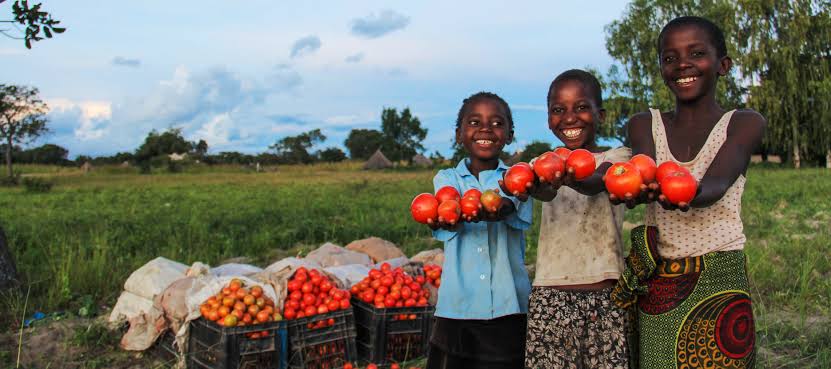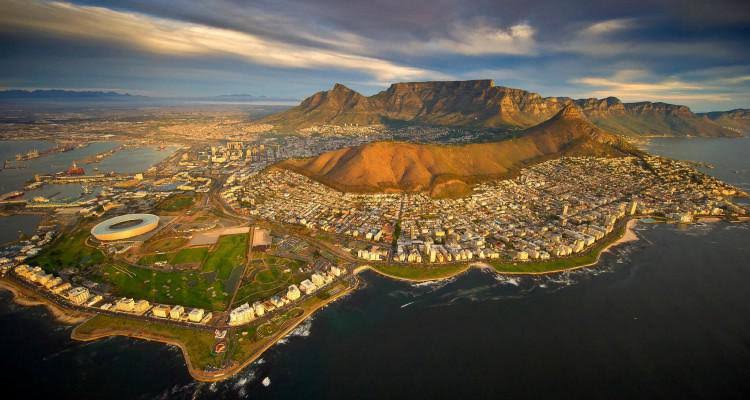Africa is known as the Birth place of humanity. Rich in boundless resources and natural wonders; riddled with a history of pain, war, invasion and loss of heritage. Despite being the most negatively stereotyped continent; Africa is home to some 1.2 billion people; making it the second-most populous continent on earth. African nationals are generally nice and hospitable despite the sharp diversity of people on the continent.
Planning an international trip could be hectic but could also be exciting; especially to a destination like Africa. And for the business communities, the continent offers a relatively fair environment for investment.
The continent has traditionally faced bias and stereotypical media coverage which are often far from reality. A planned move to Africa is one of the best decisions any investor, tourist or an individual seeking to permanently relocate to the continent could make. A lot of african Americans and people of Afro descent, have over the years moved back to various countries in Africa.
Here are three important things you should take note of; if you are planning to move to Africa.
Africa Is An Emerging economy
Africa’s economy is largely informal but it is touted as an emerging economy by the World Bank and the International Monetary Organization. The continent also has a youthful labor force that is highly skilled and unskilled. In terms of ease of doing business compiled by the World Bank; the continent has some stringent bureaucratic hurdles and a less conducive environment for setting up and doing business. However, foreign direct investment to Africa rose to $46 billion in 2018, an increase of 11% the previous year, according to the United Nations Conference on Trade and Development.
Furthermore, investors from countries like France, the Netherlands, the United States, United Kingdom and China are the biggest investors in Africa. This goes to show that despite the less conducive environment for doing business as reported by the World Bank, Africa is very attractive to investors from developed countries.
Africa is also embarking on a new era buoyed by the launch of the Africa Continental Free Trade Area (AfCTA). The objective of the AfCTA is to create a single continental market for the movement of goods and services; free movement of business persons and investment. AfCTA creates a single market of 1.2 billion people and a combined gross domestic product (GDP) of more than US$3.4 trillion.
Cultural shock
A move to Africa requires adaptation, as the basic social amenities and safety net systems in much of Europe do not exist and in countries where social amenities exist; they are uncomparable to the ones in Europe. Some of the problems you are likely to encounter include irregular water and power supply, inadequate infrastructure, bureaucracy, excessive demands for “gifts” to render services; high rent charges, advance rent payment of at least two years, and so on. This could emotionally break you down.
Business opportunities
Africa offers some of the most exciting business opportunities and long term potential. Africa’s vast natural resources put it in an enviable position as global demand for soft and hard commodities continues to grow. However, falling commodity prices turn to harm African economies. African governments have seen the need to reform and diversify their economies through various ventures. Also, as a result of improving the business environment and better economic management, the continent is expected to grow by more than 5 percent annually in the next 20 years.

 Besides its natural resources, Africa also has food and lands for agriculture. About 60 percent of the world’s uncultivated arable lands are in Africa. Also, with a population of 1.2 billion, the continent has the potential for long-term consumer-related areas. By 2100, the continent is expected to account for 3.2 billion of the global population with a working population of 2.1 billion. Also, by 2050, 53% of Africa’s population is expected to urbanize. This has implications for global consumption.
Besides its natural resources, Africa also has food and lands for agriculture. About 60 percent of the world’s uncultivated arable lands are in Africa. Also, with a population of 1.2 billion, the continent has the potential for long-term consumer-related areas. By 2100, the continent is expected to account for 3.2 billion of the global population with a working population of 2.1 billion. Also, by 2050, 53% of Africa’s population is expected to urbanize. This has implications for global consumption.
